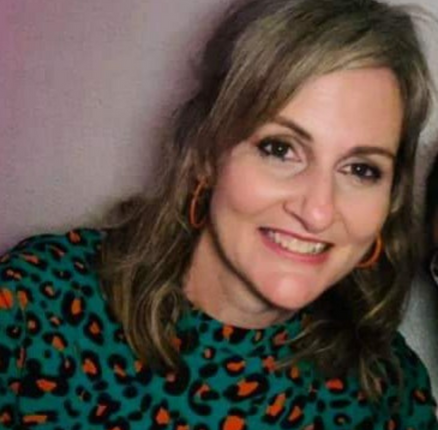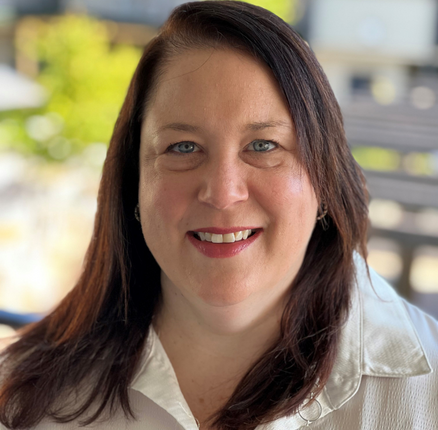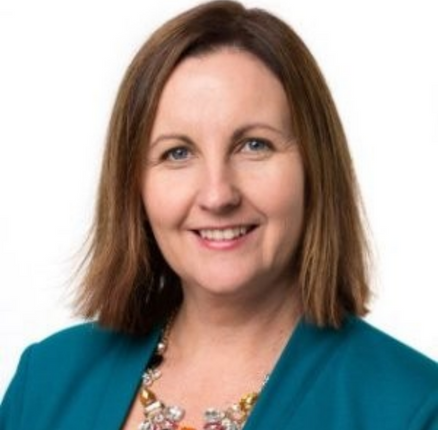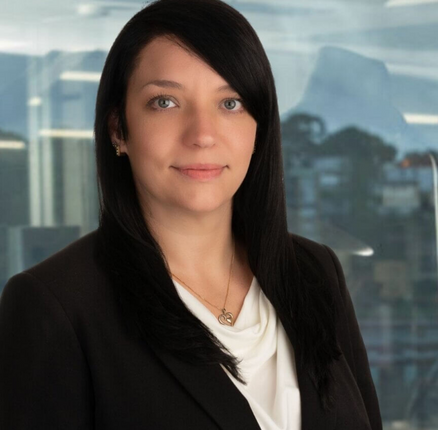Should I integrate AN-ACC assessments into my clinical governance framework?
Webinar recording out now
Watch the recording and download the slides
This webinar explored
- The experiences of over 40 aged care providers, representing 30,000 beds, on their transition to AN-ACC
- What are the factors that providers should consider when making the decision if or when to adopt the AN-ACC assessments
- Which assessments may be more fit for purpose or beneficial than others
- Some examples of the approach taken by providers on the panel
Each provider will need to consider what is best for their service but a more measured approach and plan will be less disruptive for the organisation and therefore more likely to result in greater success and benefit to the residents.
While some care management systems have started to release AN-ACC assessment tools into their suite of assessments, providers should consider whether integrating these assessments into their clinical governance framework is beneficial and when is the best time to do this.
The AN-ACC funding model was designed to identify the clinical characteristics of aged care residents that influence the cost of care and the proportion of care costs that, on average, are shared across residents versus those costs related to individual needs.
The AN-ACC assessment tool consists of nine sections incorporating the following assessments:
- Technical Nursing Requirements
- Resource Utilisation Groups – Activities of Daily Living (RUG-ADL)
- Australia-modified Karnofsky Performance Status (AKPS)
- Palliative Care
- Rockwood Clinical Frailty Scale
- Braden Scale
- Australian Modified Functional Independence Measure (AM-FIM)
- De Morton Mobility Index (DEMMI)
- Behaviour Resource Utilisation Assessment (BRUA)
These assessments were designed and chosen because they take a conversational approach for clinicians that have limited knowledge of the resident and have not been designed to be comprehensive enough to support a consumer centric and thorough approach to care planning.
The Department of Health’s fact sheet specifies ‘AN-ACC Assessment considers the attributes or characteristics that drive the cost of care for residential aged care residents and is not the same as care planning. Providers must continue to prepare care plans for each resident as required under the aged care quality standards.’
The industry panel

Kate Hawkins
Group Manager of Residential Aged Care and Retirement Living for Anglicare SQ
Kate’s interest in aged care developed at a young age with having a mother working in the industry, and having grandparents living with dementia. This interest lead to Kate focusing her career in aged care, and moving into leadership roles within the industry. Throughout her 16 years in aged care/acute care leadership positions, Kate’s roles have enabled her to work alongside key stakeholders to implement change management, including process mapping, culture enhancement, and supporting staff and residents through these processes. Kate prides herself on having a leadership style that embraces a change management approach, and that focuses on enabling and empowering staff to deliver quality of care to residents.
This focus has led to Kate obtaining service enhancement projects, and more recently, being appointed the Group Manager of Residential Aged Care and Retirement Living for Anglicare SQ.

Nicola Burton
Executive Manager – Quality and Organisational Development, Peninsula Villages
Nicola Burton is a registered nurse with a strong clinical background in acute care. Nicola first worked in quality improvement and education roles in the acute sector. In 2003, she commenced work in aged care focusing on continuous quality improvement and learning and development where she developed her passion for improving processes and empowering staff to develop and reach their professional roles. Nicola returned to working at Peninsula Villages, which is a leading not-for-profit, community owned organisation on the Central Coast NSW, after working as a Learning and Development Manager for a global aged care education provider. Her new role as an Executive Manager – Quality and Organisational Development brings together her previous experience to a corporate governance focus, overseeing learning development, workforce, governance and business development.

Natasha Forward
Director of Residential Services with Kalyra Communities
Natasha is currently Director of Residential Services with Kalyra Communities. With more than 25 years experience working in non-profit aged care organisations in both clinical, policy, and management roles, it is her mission to create environments that enable older people to live their best life. She holds a Master of Nursing (Gerontological Nursing) from Flinders University and a Master of Business Administration from University of South Australia.
Your hosts

Andrew Farmer
Partner of Mirus Australia
Andrew’s focus is to enable growth and change through innovation and empowering people. As a Partner of Mirus Australia, Andrew leads the business strategy so that Mirus performs the best way it can for its people and customers. With 30 years experience across major industries including Health, Banking, Manufacturing and Consulting, Andrew has specialisation in sales and marketing leadership, commercialisation, strategy, innovation, workshop design and facilitation, analysis/problem solving and articulating value.

Katie Airey
Manager, Quality, Risk & Compliance
Katie Airey has over 14 years experience in the Aged Care Industry. Katie is passionate about supporting residential aged care facilities to strive for excellence in consumer outcomes by motivating organisations to engage and participate in positive change. Katie’s career has enabled her to work throughout Australia and Internationally, allowing her to develop and deliver expertise in revenue management strategies, auditing, risk and compliance management, project and account management, education and mentoring. Katie has undertaken a Diploma of Management and is completing her final year in the Bachelor of Nursing program to further develop her operational and clinical skills.
